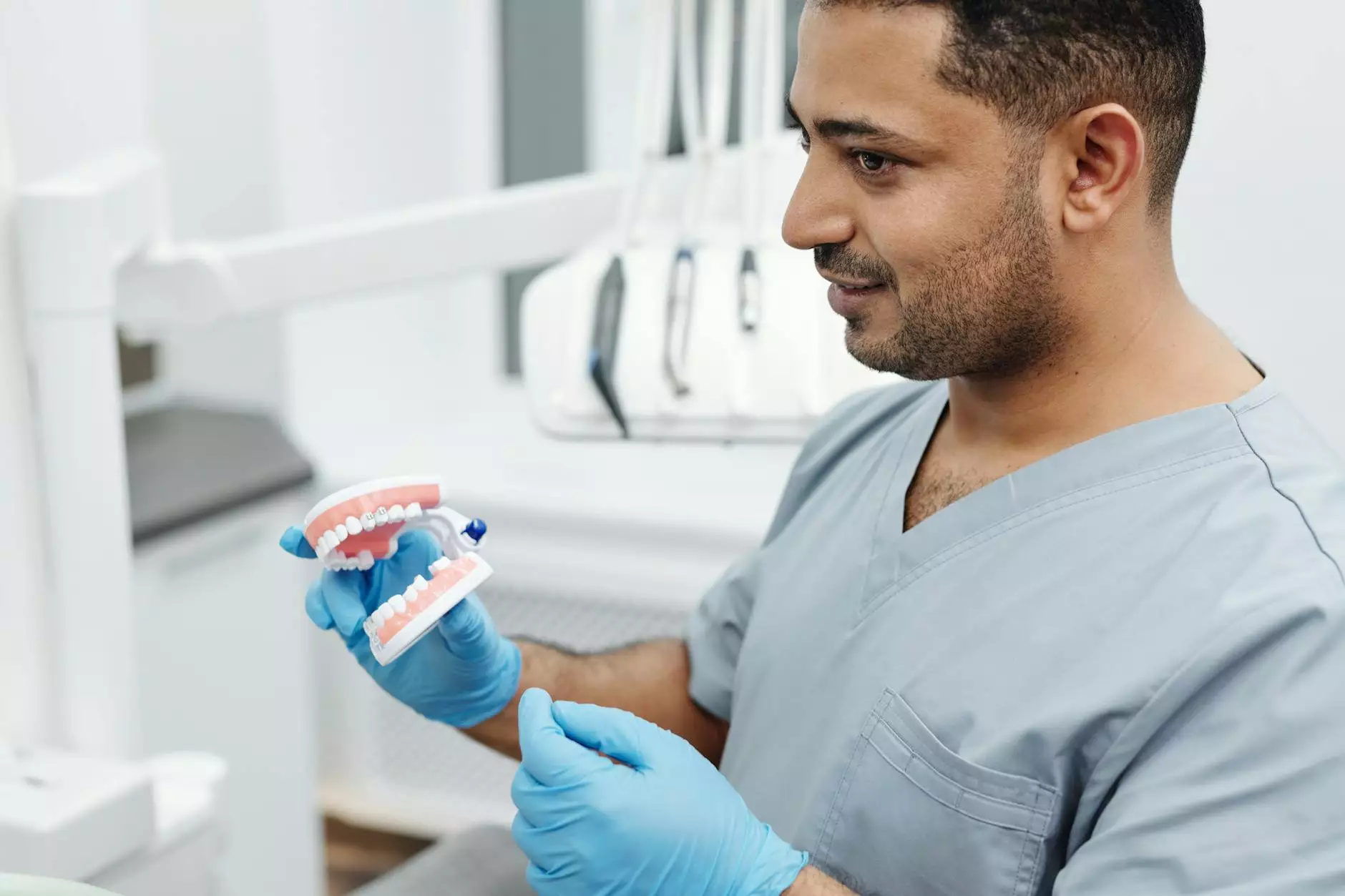Understanding Endometriosis: Insights from Top Endometriosis Doctors

What is Endometriosis?
Endometriosis is a chronic and often painful condition where tissue similar to the lining of the uterus grows outside the uterus. This abnormal growth can occur on the ovaries, fallopian tubes, and other areas within the pelvis. Women suffering from this condition may experience severe menstrual cramps, pelvic pain, and complications related to fertility.
The Importance of a Specialist: Finding a Doctor for Endometriosis
When dealing with a complex condition like endometriosis, it’s crucial to find a specialized doctor endometriosis who understands the intricacies of this disease. Specialized doctors not only provide effective treatment options but also offer valuable support throughout the healing process.
Why Choose a Specialist?
- Expert Knowledge: Specialists are trained to recognize the various stages and manifestations of endometriosis.
- Tailored Treatment Plans: They can customize treatment plans based on individual needs and progress.
- Access to the Latest Research: A medical professional dedicated to women's health stays updated with advancements in endometriosis research.
- Comprehensive Care: Patients can receive holistic care, including pain management, surgical options, and alternative therapies.
Symptoms of Endometriosis
The symptoms of endometriosis can vary, and they are often misunderstood or misdiagnosed. Common symptoms include:
- Painful Periods: Dysmenorrhea, or painful menstruation, is a common symptom.
- Pelvic Pain: Chronic pain in the pelvis can occur throughout the menstrual cycle.
- Pain During Intercourse: Pain during or after sexual activity is often reported.
- Excessive Bleeding: Heavy periods or bleeding between cycles can be indicative of the condition.
- Infertility: Many women diagnosed with endometriosis discover that it impacts their fertility.
Diagnosing Endometriosis
Diagnosing endometriosis can be challenging due to the overlapping symptoms with other conditions. Diagnostic methods may include:
- Pelvic Exam: A thorough physical examination to check for abnormalities.
- Ultrasound: Imaging tests to detect cysts associated with endometriosis.
- Laparoscopy: A surgical procedure that allows a doctor to view the pelvic organs and potentially take biopsy samples.
- Magnetic Resonance Imaging (MRI): Advanced imaging that provides detailed pictures of the interior of the body.
Treatment Options for Endometriosis
Once diagnosed, managing endometriosis involves a variety of treatment methods. Here are some effective options:
Medical Treatments
- Hormonal Therapy: Hormonal medications can help manage and reduce symptoms by regulating the menstrual cycle.
- Nonsteroidal Anti-Inflammatory Drugs (NSAIDs): Pain relief medications can alleviate severe menstrual pain.
- GnRH Agonists: These medications can reduce estrogen levels and slow the growth of endometrial tissue.
Surgical Treatments
In some cases, surgery might be necessary, especially if other treatments fail:
- Excision Surgery: Removal of endometrial implants and scar tissue.
- Hysterectomy: A procedure that involves removing the uterus, recommended in severe cases.
- Laparoscopic Surgery: A minimally invasive approach to remove endometrial growths.
Living with Endometriosis
Managing life with endometriosis involves coping mechanisms and alternative therapies that can greatly improve quality of life. Many patients have found relief through:
- Physical Therapy: Specialized physical therapy can help alleviate pelvic pain.
- Diet and Nutrition: Adopting an anti-inflammatory diet might benefit some women.
- Mindfulness and Stress Management: Techniques such as meditation and yoga can help reduce stress, which may worsen symptoms.
The Role of Support Networks
Creating a strong support network is invaluable. Whether it’s through local support groups or online forums, sharing experiences with others can provide emotional relief and practical advice. A good doctor endometriosis will often recommend connecting with these networks.
When to See a Doctor
It’s crucial to consult a doctor if you experience:
- Severe pain: If pain disrupts your daily activities.
- Infertility issues: If you’re trying to conceive and haven’t succeeded after a year.
- Unusual bleeding: Such as spotting between periods.
Conclusion: Empowering Women Through Knowledge and Care
Understanding endometriosis is essential for women affected by this condition. Partnering with a knowledgeable doctor endometriosis can vastly improve treatment outcomes and overall well-being. With the right care, support, and lifestyle adjustments, women can manage their symptoms effectively and maintain a fulfilling life despite the challenges posed by endometriosis.
For More Information
For additional resources and professional advice, visit drseckin.com. Specialized doctors are available to guide you through your journey with endometriosis, providing the care and understanding you deserve.









